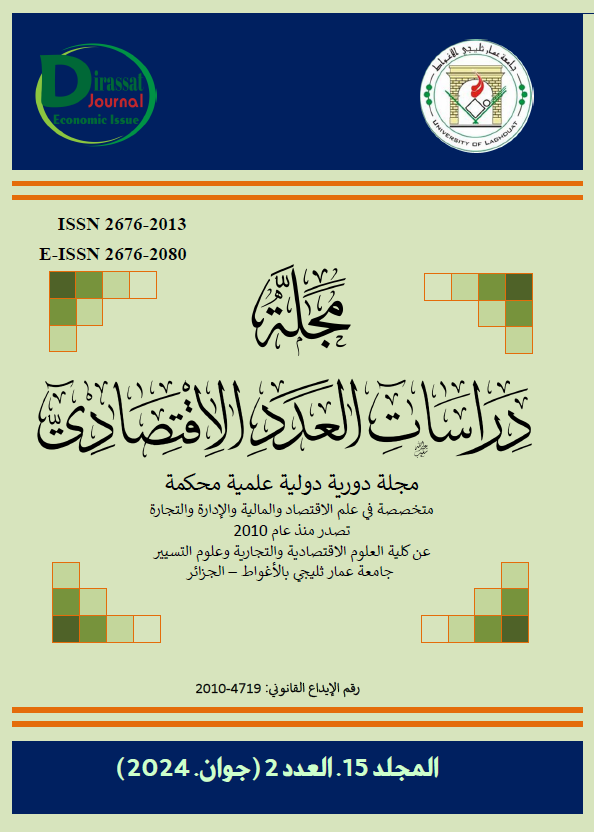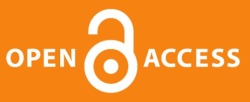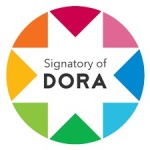E-Learning in Algeria: A survey of teachers and students at the University of Tizi-Ouzou on the evaluation of digital platforms (Moodle and Progres)
Abstract
New technologies have enabled numerous advances in all areas, and the confinement that the world has undergone has highlighted this fabulous tool. NICTs have prevented the global economy from collapsing, thanks in particular to teleworking and distance learning. Algeria has not left behind, since E-learning was introduced and has become widespread despite the end of confinement. The question that arises is this: how do teachers and students perceive these changes, which have been imposed on all Algerian universities in a fairly short space of time, without giving those concerned (teachers, students, admiring staff) time to adapt to them and learn how to use them without prior training? To answer this question, we decided to carry out a survey among students and teachers.
Downloads
References
- BELAHSEN. Y et TOUIAQ. M (2017), Le numérique et l'éducation : L'intégration des technologies de l'information et de la communication dans les pédagogies actives, édition- Harmattan, Paris.
- Blandin, B. (2011). E-learning: Traité des sciences et techniques de la formation, Édition- Dunod (3ème éd.).
- BARZMAN. M., GERPHAGNON. M et MORA. O, (2020). La transition numérique dans la recherche et l’enseignement supérieur à l’horizon 2040. In https://doi.org/10.35690/978-2-7592-3153-9 Consulté le 17-02-2024.
- BEN ABID-ZARROUK. S et AUDRAN. J (2008), "L’enseignement en ligne est-il efficace ? Le cas Pegasus", Revue française de pédagogie, N. 164, pp. 99-110. In
- OUNI-GHOBTANE. K et BEN AMOR. H (2021), "L’enseignement universitaire à distance en Tunisie : promesses et obstacles à son adoption", DOI :10.21494/ISTE.OP.2021.0671. Consulté le 27-02-2024.
- DJEKOUN, A. (2020). L’université algérienne, entre le renforcement de ses acquis et la préparation des perspectives de son évolution. https://rs.umc.edu.dz/pfst/Renforcement_et_Perspectives_de_son_Evolution.pdf Consulté le 27-02-2024.
- FRANCE. H et ANTHONY. K (1985). Le savoir à domicile, pédagogie et problématique de la formation à distance, Presses de l’Universalité du Québec. Canada.
- HOLO, A.K et KONÉ, T. (2022). Usages des réseaux et médias sociaux par les étudiants en contexte d’apprentissage à l’Université virtuelle de Côte d’Ivoire, Revue internationale des technologies en pédagogie universitaire, vol- 19, n° 2, pp 148-159. In https://doi.org/10.18162/ritpu-2022-v19n2-10 , Consulté le 23-02-2024.
- SLIMANI. R et BENTAHAR. F (2019), "L’Enseignement à distance et le E-learning dans les établissements universitaires algériens : défis et acquis", In la revue Al-LISANIYYAT, Vol. 25 (1), PP 83-108. In https://www.asjp.cerist.dz/en/downArticle/26/25/1/94081. Consulté le 27-02-2024.
- UNESCO (2012). TIC UNESCO, un référentiel de compétences pour les enseignants. In: https://unesdoc.unesco.org/ark:/48223/pf0000216910; consulté le 14-03-2024.
- UNESCO (2014). Référentiel de compétences TIC pour les enseignants. In https://unesdoc.unesco.org/ark:/48223/pf0000368966?posInSet=2&queryId=bb857b17-5761-459e-b727-ffb3f5d0dfed . Consulté le 14-03-2024
- UNESCO (2018) Référentiel de compétences TIC pour les enseignants. In https://unesdoc.unesco.org/ark:/48223/pf0000368966?posInSet=2&queryId=bb857b17-5761-459e-b727-ffb3f5d0dfed. Consulté le 14-03-2024
Copyright (c) 2024 Rosa TITOUCHE , Lounas HADDADI

This work is licensed under a Creative Commons Attribution-NonCommercial 4.0 International License.
















